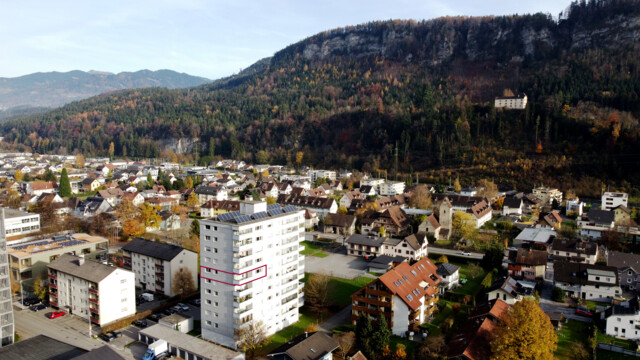"Social Egg Freezing": This is what the VfGH says

Possible social pressure on women is not a sufficient reason for the ban, nor do any ethical problems arise from the so-called "Social Egg Freezing." Since several new regulations are necessary for this, the ban will not be lifted until April 1, 2027, as the VfGH announced on Tuesday.
VfGH deliberated in June
The VfGH deliberated on the topic in June. According to the Reproductive Medicine Act, eggs may currently only be extracted for a future medically assisted pregnancy if "a physical ailment or its treatment according to the state of medical science and experience poses a serious risk that a pregnancy can no longer be achieved through sexual intercourse."
"The desire to have a child and therefore to use a natural or medically assisted method of reproduction is part of private life and thus a fundamental right" according to the European Convention on Human Rights, stated the VfGH. It may only be restricted if it is necessary, for example, to protect health or the rights of others. In the case of "Social Egg Freezing" for later in-vitro fertilization with the partner's germ cells, no ethical and moral problems arise. Health risks could be mitigated "with less intrusive means than an absolute ban." For example, age limits were proposed during the deliberation.
Government's argumentation
The federal government had argued that women should not be pressured by societal expectations or their employer to postpone their desire to have children through "social egg freezing." However, potential social pressure is not a sufficient reason for the Constitutional Court (VfGH) for an absolute ban. The legislator could introduce accompanying measures - such as regulations on the promotion of the method. Educational and counseling obligations or age limits could also be appropriate. Furthermore, "social egg freezing" and the medically indicated removal of eggs do not have to be treated completely equally under the law.
Family Minister Claudia Plakolm (ÖVP) reacted positively. "We must make the opportunity for young people to have their own family as great as possible," she was quoted in a statement. This also includes support "when the natural path to a family is not easy." Freezing egg and sperm cells could be an option for this. Her SPÖ colleagues, Social Minister Korinna Schumann and Women's Minister Eva-Maria Holzleitner, reacted more cautiously. While they welcomed "in principle all efforts and legislative measures aimed at strengthening women's self-determination," they warned that it should never come to the point "where women feel pressured by societal and especially professional pressure to delay the possibility of pregnancy."
The NEOS and the Greens welcomed the decision. "Social egg freezing means: We trust women to make their own decisions," NEOS women's spokesperson Henrike Brandstötter told the APA. "We will work to ensure that the ruling is quickly incorporated into a careful draft law." Green women's spokesperson Meri Disoski spoke on Bluesky of an "overdue success for equality & self-determination." A motion by the Greens, in which they called for the legalization of "social egg freezing," was postponed by the National Council's Equal Treatment Committee shortly before the VfGH decision was announced. FPÖ women's spokesperson Rosa Ecker emphasized in the committee, according to parliamentary correspondence, that her party rejects "social egg freezing."
"Milestone" Identified
Andreas Obruca, the medical director of the fertility center in Vienna and president of the Austrian Society for In-Vitro Fertilization (IVF Society), also reacted with satisfaction. It is a "milestone for both women and men in the self-determination of their fertility," he hopes for a quick implementation. At the same time, it is the duty of reproductive doctors to "educate about the limits, side effects, and hurdles of social freezing." He called for sensible restrictions such as an age limit on the use of one's own eggs.
(APA/Red)
This article has been automatically translated, read the original article here.
Du hast einen Hinweis für uns? Oder einen Insider-Tipp, was bei dir in der Gegend gerade passiert? Dann melde dich bei uns, damit wir darüber berichten können.
Wir gehen allen Hinweisen nach, die wir erhalten. Und damit wir schon einen Vorgeschmack und einen guten Überblick bekommen, freuen wir uns über Fotos, Videos oder Texte. Einfach das Formular unten ausfüllen und schon landet dein Tipp bei uns in der Redaktion.
Alternativ kannst du uns direkt über WhatsApp kontaktieren: Zum WhatsApp Chat
Herzlichen Dank für deine Zusendung.








